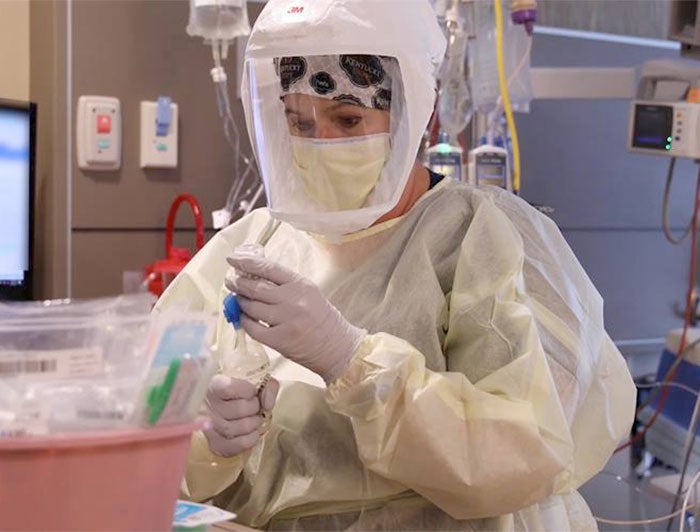Intermountain Helps Lead Effort to Improve Treatments for Common Conditions Affecting Critically Ill Patients

Researchers from Intermountain Health were chosen as part of a national consortium of healthcare systems and hospitals in a new federally-funded initiative that will use advanced technologies – including AI and machine learning – to improve treatment for patients with acute respiratory distress syndrome (ARDS), pneumonia, and sepsis – the most common and devastating conditions found in critically ill patients. ARDS, pneumonia, and sepsis, together kills hundreds of thousands of people in the United States each year.
Through a grant from the National Institutes of Health, researchers from 22 hospitals from across the country will identify what makes these patients different, which will allow researchers to find targeted treatments for them.
Intermountain Health is leading one of six groups of healthcare systems that make up the APS Phenotyping Consortium, which will focus on identifying subtypes of each syndrome based on biological similarities and differences among different patients.
Treatment of these conditions has been hampered by an incomplete understanding of how each syndrome develops. Now, emerging evidence suggests that ARDS, pneumonia, and sepsis likely represent many distinct disorders with different underlying causes and disease mechanisms.
The consortium will start enrolling patients by early 2024 and hopes to enroll 5,000 patients overall in the next five years.

